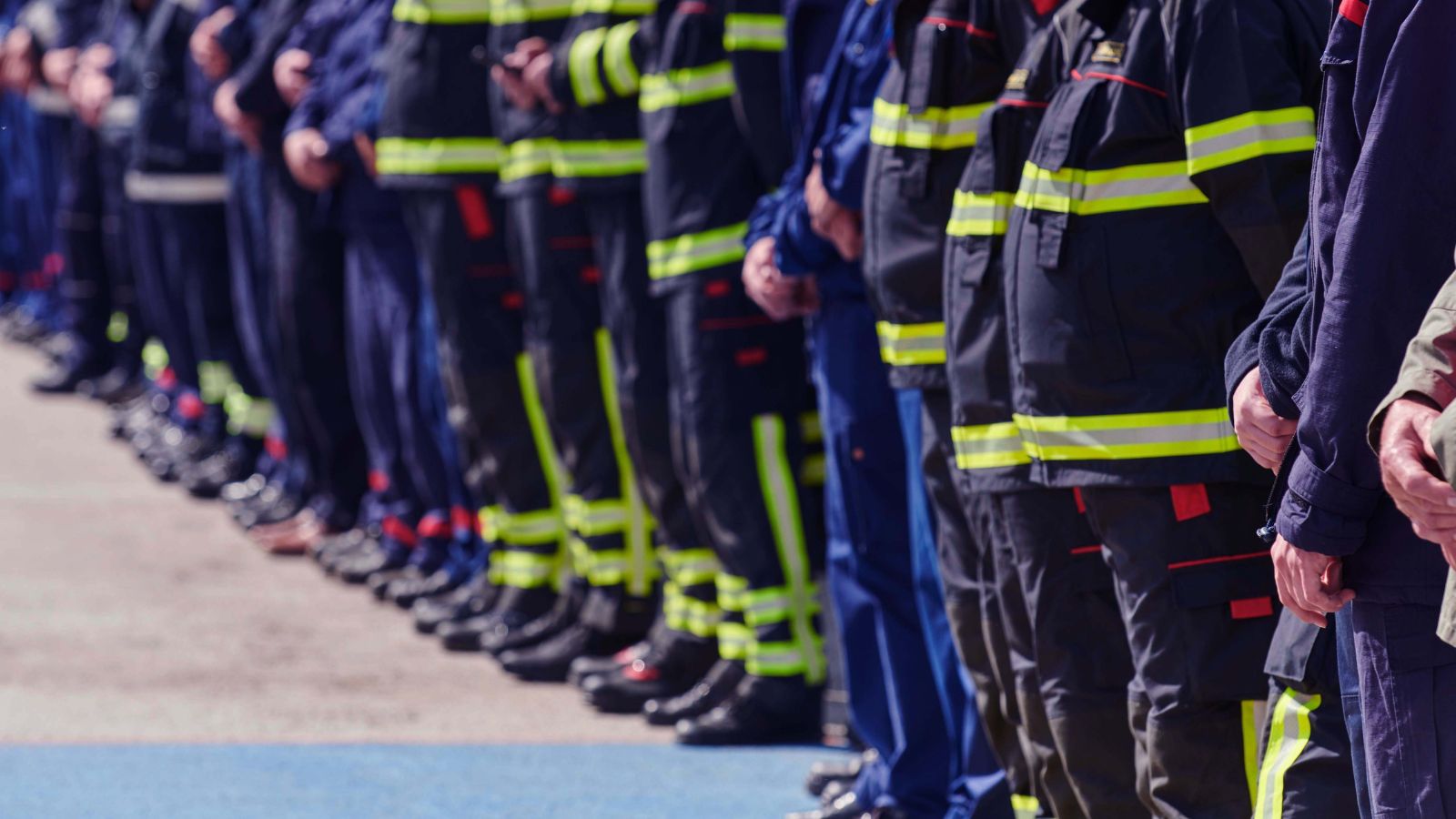Retirement is often painted as a well-earned reward at the end of decades of service, but for many first responders, it can feel less like a finish line and more like standing at the edge of an unfamiliar road. Navigating identity after retirement for first responders is no small task. If you’ve spent years serving your community in uniform, that role likely shaped not just what you do, but who you are. So, what happens when the uniform comes off for good?
Navigating Identity After Retirement For First Responders
The Hidden Loss: Identity and Purpose
For first responders, the sense of identity is deeply intertwined with the role. The uniform doesn’t just symbolize a job; it signifies a mission, camaraderie, and belonging to a trusted team. Leaving that behind can spark feelings of grief, emptiness, or confusion. Many retirees find themselves asking:
- Who am I now?
- Do I still matter?
- What do I do with this training and experience?
It’s common to miss the adrenaline, the structured days, the instant sense of purpose that comes with responding to emergencies. The sudden quiet can be unsettling.
Common Challenges in the Transition
- Loss of Community: Firehouses, precincts, and stations are like second families. Retirement can bring isolation if you’re no longer surrounded by people who “get it.”
- Purpose and Routine: Many retirees struggle to fill the gap left by shift work and the constant call to action. Days may feel unstructured and unfulfilling.
- Unresolved Trauma: Time and space after retirement can surface emotions or memories that the busy pace of the job once kept at bay.
- Health and Mobility Changes: Decades of physical work take a toll, and new injuries or chronic conditions can affect mental health too.
Coping and Finding a New Path
While it’s natural to feel adrift at first, there is a path forward. It helps to remember that you’re not alone. Many first responders have successfully navigated their identity after retirement. Here are some ways to cope and rebuild your sense of self:
- Acknowledge the Loss: It’s okay to grieve the end of your career. Talking about it with supportive family, friends, or other retired responders can help.
- Find Community Again: Seek out Veteran or first responder retiree groups. Volunteering, mentoring younger responders, or joining social clubs can restore a sense of belonging.
- Create a New Mission: Many find fulfillment in giving back, teaching safety courses, working in mental health advocacy, or supporting nonprofits that align with your values.
- Build a Routine: Develop a daily structure. Include activities that support your physical and mental health, whether it’s exercise, hobbies, or a part-time position that keeps you engaged and socially connected.
- Talk to Someone: Therapy isn’t just for crisis moments; it’s a powerful tool for working through identity shifts and any lingering trauma.
- Honor Your Service but Expand Your Identity: Remember, you are more than your badge or title. Your skills, courage, compassion, and resilience still exist. What other parts of you do you want to grow?
Some retirees choose to work longer after leaving active duty, either in volunteer roles or new careers. For some, a full-time opportunity in a different field provides structure and satisfaction.
Even past retirement age, many find that a new long-term project or commitment can offer purpose and community again.
It’s not uncommon to experience an identity crisis during this time, especially after serving for 10, 20, or even 30 years in the same role. A sudden change in routine can make your former work life feel distant and disconnected.
Navigating your identity after retirement is about reconnecting with what matters to you now. Your service was meaningful, and your next chapter can be just as fulfilling, if not more.
Whether your transition is planned or unexpected, your post-retirement life is a chance to grow in new directions.
Final Thoughts
Taking off the uniform doesn’t erase your impact; it simply invites you to write the next chapter. Retirement can be a chance to rediscover old passions, explore new ones, and redefine what purpose and community look like for you now. You’ve dedicated your life to serving others; now it’s time to serve yourself with the same commitment and care.
First Responders Foundation
The mission of the First Responders Foundation is to serve and honor all our First Responders, Veterans and their families; build appreciation and respect for their work; and enhance public safety. For more information, visit First Responders Foundation, or contact us.


